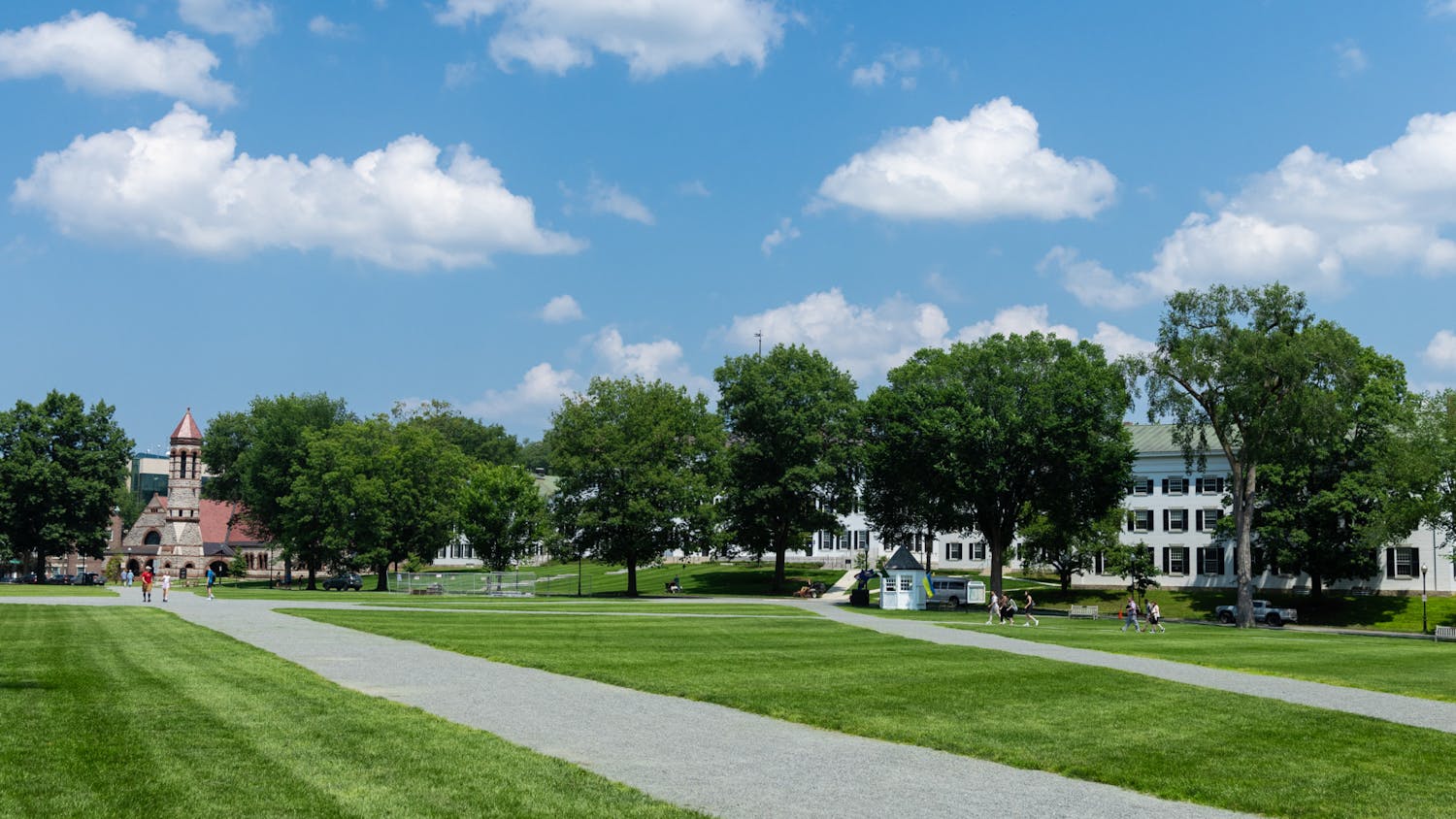Yale University announced Monday that it will increase financial aid in the 2008 - 2009 academic year. The decision follows complaints from federal lawmakers regarding increasing tuition rates. In an interview with the Boston Globe, Yale President Richard Levin said the increase in aid will be significant, echoing Harvard University's $20 million increase which announced last month. Yale currently spends $60 million a year on financial aid, which allows students from households with incomes of $45,000 or less to receive a full aid package. Yale's $22.5 billion endowment for the 2008-2009 academic year is second only to Harvard University's endowment of $34.9 billion.
Sylvester Pollet '61, a renowned poet who taught creative writing for 25 years at the University of Maine in Orono, died of cancer on Dec. 20 at age 68. Pollet published his work in many journals, including The New York Quarterly and The New England review. His book "Entering the Walking-Stick Business" celebrates his hobby of carving walking sticks and hobbyhorses. Maine based author Bill Carpenter called Pollet "one of the clearest and most elegant voices in what has been called the Maine literary renaissance of the '70s and '80s. Pollet graduated from Dartmouth with a degree in English and received the Academy of American Poets Prize during his time at the school.
Harvard graduate Peter Hopkins debuted www.bigthink.com yesterday, a website touted as a powerful combination of YouTube and Facebook meant for intellectuals. Backed by former Harvard President Lawrence H. Summers, the website features interviews withMitt Romney and Blackstone co-founder Pete Peterson alongside lectures on law, politics and economics. Hopkins hopes his website will satisfy those looking for intellectual content on the internet. "The idea behind Big Think is that you do have to sit down for a few minutes and listen to people who know more than you do," Hopkins said in an interview with the New York Times.



